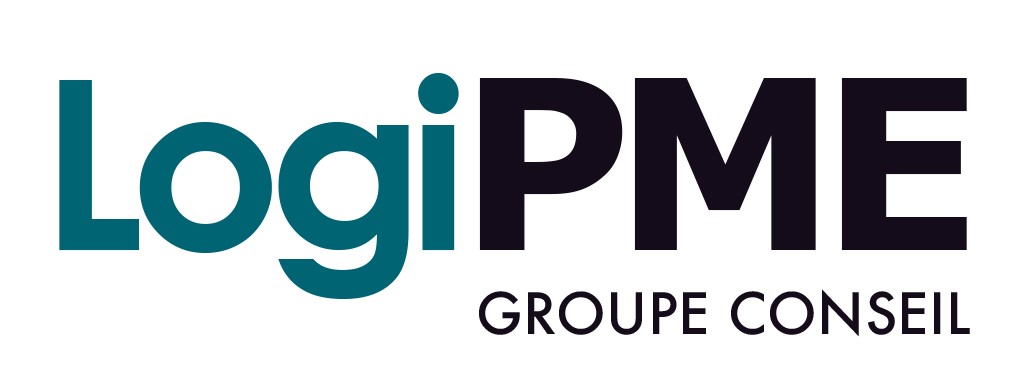6 tips when considering
new accounting software

With owning a business comes the inevitable time where we are faced with replacing our accounting software. For various reasons we could be faced with the current solution no longer suiting our growing needs, perhaps the software is antiquated or no longer supported. The difference between having a software that just manages your debits and credits versus a solution that provides you with meaningful corporate insight, requires a thorough investigation of the options available. Often, business owners feel that while replacing accounting software may be necessary; it will not be enjoyable and may even be painful. So if you find yourself avoiding replacing your accounting software by taking preventive actions like fix-its, upgrades, custom-written solutions, or what we see most often – so many reports created outside of the accounting system, then it is safe to say your system is patchy. Perhaps your system isn't patchy, but rather is no longer supported because some large software company has decided that they are taking it off the market and introducing something new, at three times the cost? Whatever it is that brings you to shopping around for a new accounting software solution, it’s easy to make big mistakes. So read on – Here are 6 tips when considering a new accounting software:
1) Be thorough in your requirement analysis: Taking the time to really identify what the company's needs are and how they may stretch beyond the accounting department. Of course you’ll want to operate similarly to the way your currently are, but with performance improvements in mind. Define what your needs are, then decide what your wants are and then what your wishes might be. The difference in the three should be: NEEDS = CAN'T LIVE WITHOUT, WANTS = FUNCTIONALITY/PROCESS IMPROVEMENTS, and WISHES = ABILITY TO GROW INTO. Provide new software vendors with a script that documents your business processes, list the problems you would like to resolve, and outline your requirements clearly, and most of all, don't let yourself get swayed by software bells and whistle that may compromise your core needs.
2) Don't just follow trends: “Everyone else uses this software” should not be a deciding reason in your procurement process. Be open. Do not restrict yourself to the most popular system. Take an honest look at all systems. Does it address your How many of your needs does it address? Does it fall within your budget? Is it well supported? Is there a road map from the developer available? Get references of others in your industry that successfully use the software you are considering - sometimes the most popular software is just popular because they have a large marketing budget but a weak development strategy.
3) The “We’ve-always- done- it-this-way” syndrome: When it’s time to implement a new system it’s also time to consider how to improve your business process. “We’ve always done it this way” is not always the best way. Efficiency, productivity and saved time are all ways to help drive your accounting department’s bottom line. Be open-minded to adopting new processes. Sometimes getting rid of old procedures and adopting new ways can be very beneficial. Consider what your business needs might be 5 years from now, what kind of growth are you anticipating for your company and can the new solutions grow with you? A scalable solution can save you time and money in the future.
4) Unilateral decision-making: Of course the decision-makers are the ones with the final say. But the President doesn’t always decide which cheques are going to get cut, he just signs them. Involve your accounting department. They are the ones who are going to be working in the program every day. Highly motivated and knowledgeable people will help you in your search for the right solution and often will shed light on the day-to-day requirements at a on the ground level. Tasks that are manually taking up too much of their time should be considered - ask your staff what would they be able to do in order to benefit their role and the organization if they had an extra two hours a week? Understanding the needs of your staff, their ideas on how to better their processes is often not seen at a higher level - take the time to listen and involve your team in the evaluation process.
5) Feature overload: Spending too much time focusing on “the number of features” in the new system can cause a lack of research by a dependable expert. Who is going to implement the new system? Having a knowledgeable consultant is one thing, having a consultant who takes the necessary time to understand your business and your goals is another. The software consultant needs industry knowledge, project management skills and product expertise of course, but they also need listening skills. The professional that you engage in this project must be genuinely interested in providing you with a solution, not just selling you some software.
6) Size may not matter: Smaller software consulting firms may be better at providing exactly what you need for your specific industry or unique requirements. It’s more likely that a smaller firm will give your organization the attention it needs throughout the investigative process. You are not just a number or a client. With smaller firms, your businesses needs don’t become case numbers and your business isn’t just “another client”.
Like the grasshopper who strategically took this time to properly gather, take the time to really put together a strong procurement process and your business will reap the benefits. Doing this will ensure that you will select the right accounting software solution for your business. Not sure where to start? We can help.
